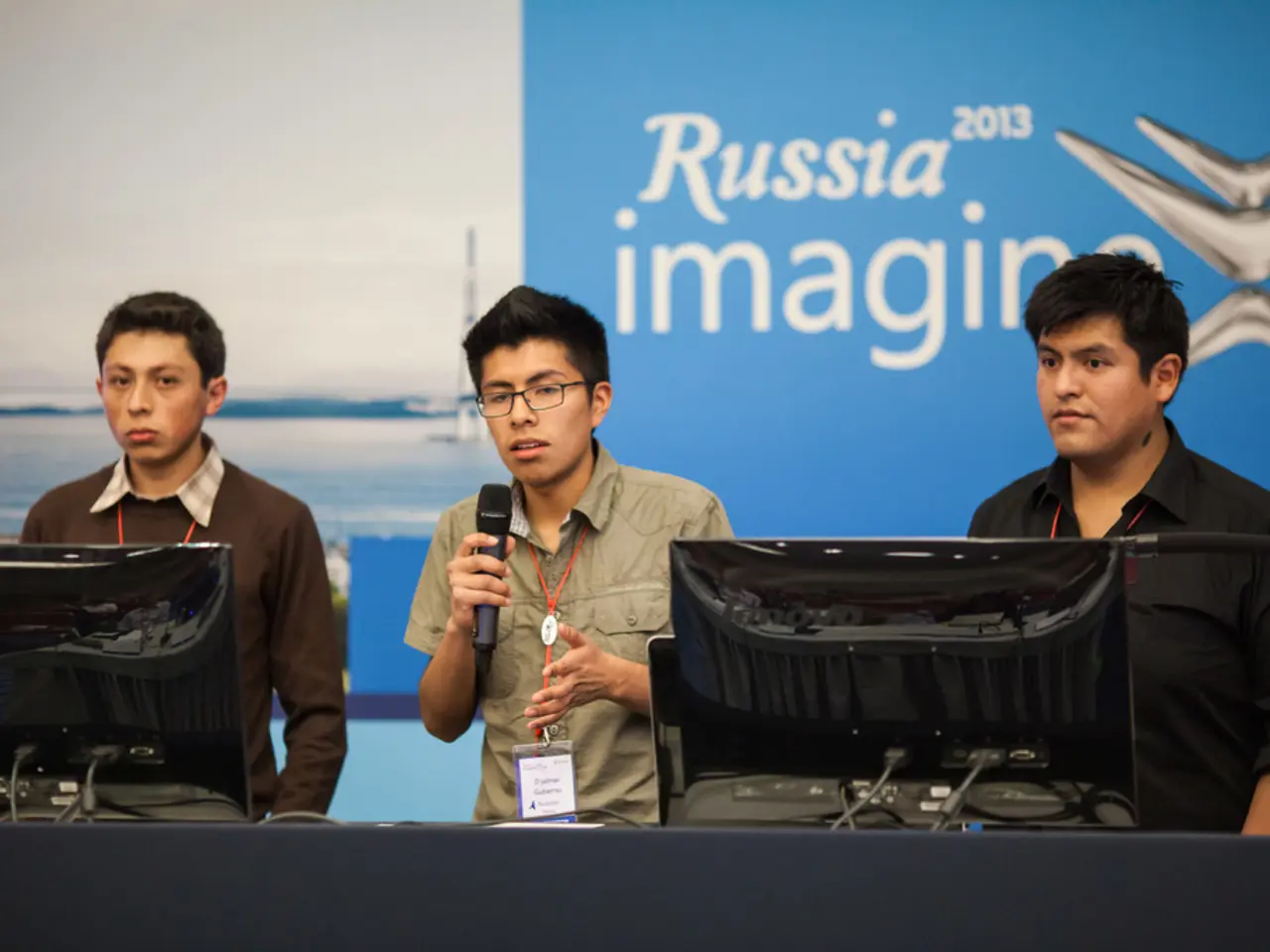U.S. intensifies measures against Malaysia and Thailand in expanded AI chip restraint campaign due to concerns over China
In a significant shift in US regulatory policy, the Commerce Department is drafting new rules that will tighten export controls on advanced AI chips to countries such as Malaysia and Thailand. This move is part of a broader effort to prevent high-end US-made AI chips from being diverted to China, which is perceived as a risk for technology leakage.
The new draft rule updates an earlier AI diffusion rule initiated under President Biden in late 2024 but rescinded in May 2025. Unlike the previous rule, which was seen as too sweeping, the new draft focuses on preventing diversion through "intermediary" countries like Malaysia and Thailand.
Malaysia and Thailand are being reclassified as "Tier 2 countries" under this AI Diffusion Framework. This means that exports of advanced chips, such as Nvidia's H100 GPUs and AMD's MI300X, will require stringent licensing and controls to ensure they are not re-exported or used to train AI models for China.
The rule includes some grace periods and exemptions, permitting US-headquartered and allied businesses to continue shipments temporarily post-publication. However, longer-term restrictions are expected. The US Department of Commerce's Bureau of Industry and Security has also issued guidance, highlighting that entities allowing American AI chips to be used in Chinese AI model training risk civil or criminal enforcement actions.
For companies like Nvidia, these new controls mean tighter export controls on shipments to Malaysia and Thailand, which are important hubs for chip testing and data centers. This limits their ability to freely sell high-end AI chips in those markets unless stringent vetting and licensing are obtained.
Nvidia CEO Jensen Huang has opposed prior regulations, contesting that there is no evidence of chips being diverted to China through these countries. As a result, the new controls could impose added compliance burdens without clear proof of wrongdoing.
However, Nvidia remains a key player poised to benefit in markets cleared by US rules, as compliance becomes a market differentiator. Other regional companies involved in semiconductor testing and data center operations in Malaysia and Thailand, such as Unisem and YTL Power, are also affected, facing potential licensing challenges and increased scrutiny under these export controls.
In a separate development, Jensen Huang announced plans for an 'AI supercomputer' to be built in Taiwan. This project, not mentioned in the US regulatory vision, is not associated with an approved American cloud operator, as per the US regulatory vision. The regulatory vision does not specify the exact role of Nvidia in this context or the specific details beyond allowing allies to buy AI chips under certain conditions.
The US will allow its allies to buy AI chips, but the specifics about other technologies are not mentioned in the regulatory vision. The Commerce Department did not respond to a request for comment on this matter. The purchase of AI chips by allies must be facilitated by an approved American data center operator. The location of the 'AI supercomputer' to be built by Nvidia is Taiwan, according to Jensen Huang. This regulatory vision was discussed last month in congressional testimony by Secretary Howard Lutnick of the Commerce Department.
- The new policy and legislation drafted by the US Commerce Department involves stricter export controls on advanced AI chips, specifically targeting countries like Malaysia and Thailand, as part of an effort to protect technology from being leaked to China.
- With the reclassification of Malaysia and Thailand as "Tier 2 countries" under the AI Diffusion Framework, companies like Nvidia will face tighter export controls when shipping advanced chips, such as Nvidia's H100 GPUs and AMD's MI300X, due to the need for stringent licensing and controls to prevent diversion.
- The US Department of Commerce's Bureau of Industry and Security has issued guidance stating that entities allowing American AI chips to be used in Chinese AI model training may face civil or criminal enforcement actions, indicating an increased focus on politics and policy-and-legislation in the context of AI and technology trade.




